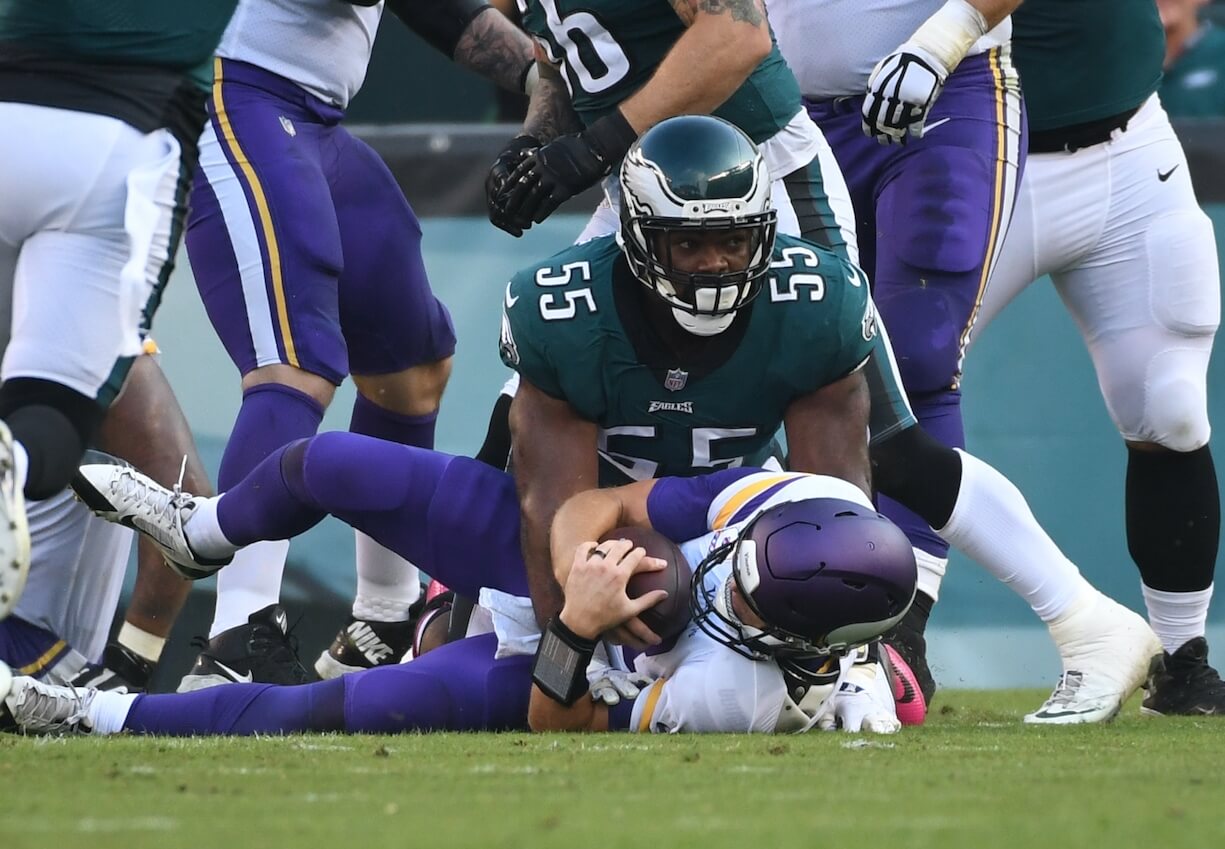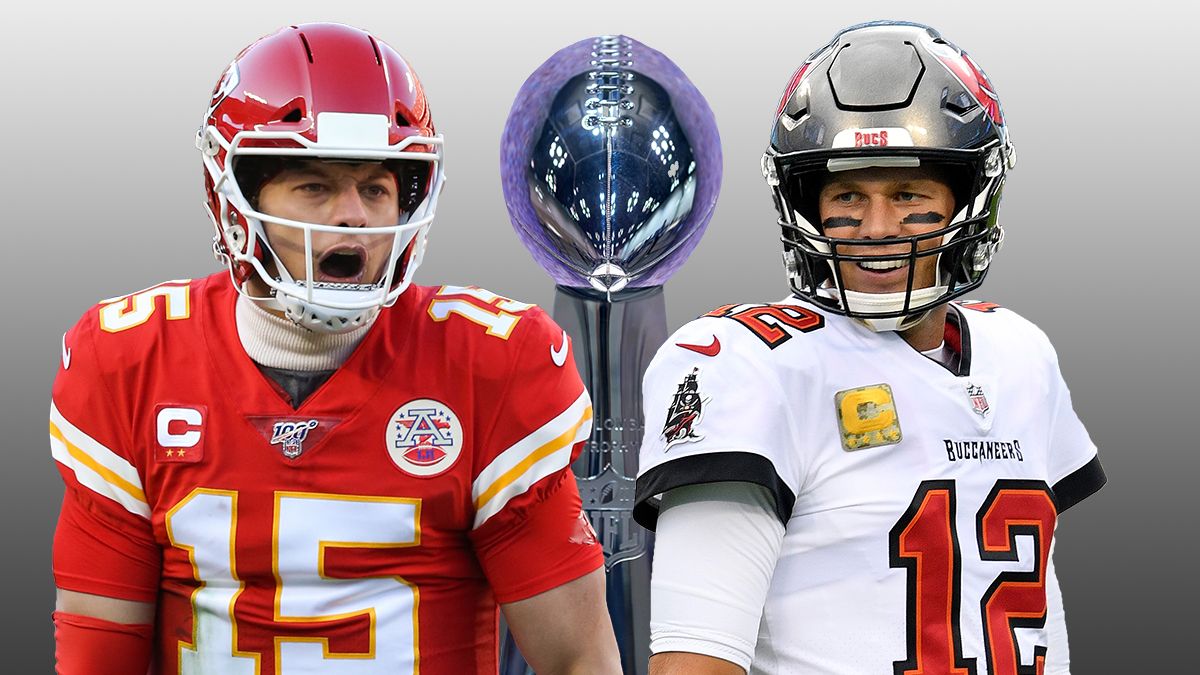Gambling Over Under
Posted By admin On 15/04/22An Over/Under bet can also be a proposition bet where there’s a wager made on a specific occurrence. A boxing match is a good example since scoring isn’t quite the same as the major sports: Floyd Mayweather vs. The fight will last 9.5 rounds. Over (-110) Under (-110) Floyd Mayweather defeated Conor McGregor by technical knockout in the 10th round and over bettors won this wager.
An over–under or over/under (O/U) bet is a wager in which a sportsbook will predict a number for a statistic in a given game[1] (usually the combined score of the two teams), and bettors wager that the actual number in the game will be either higher or lower than that number.[2][3] For example, in Super Bowl XXXIX, most Las Vegascasinos set the over–under for the score of the game at 46.0. A bettor could wager that the combined score of the two teams would be either more than or less than that number. Since the combined score of that game was 45, anyone who had bet on 'under' won.
Initial and final value[edit]
- For example, you could bet on the over/under total points score in a basketball game. The bet might be over/under 165. If the total number of points scored by BOTH teams is over 165, the over bet wins. If the total is under 165, the under wins. Usually, the points will be.
- NFL Over / Under Bets Explained - Total # Statistical Wagers Another straightforward way to bet on the NFL is through point totals or over/under bets. These can be broken down by each team, but the numbers you often here on sports betting shows and news is the combination of both teams.
The goal of a sportsbook is to have an equal value of bets on both sides of the over–under. In theory, this means that the manager could set the value at zero and then re-adjust based on either the number of incoming bets and/or events that influence the potential outcome. In practice, the initial value is based on both quantitative (e.g. win–loss record, average points per game, etc.) and anecdotal information (e.g. media reports, injury status of players, etc.).
As with other types of bets where the odds of either outcome are meant to be even, the vigorish (or 'vig') is typically set at or about 5% of the total wager. Using American odds, this will result in both outcomes initially being quoted at -110 (i.e. bettors must risk $110 to win $100). If the amount bet on both outcomes is exactly even, using such odds would result in the sportsbook earning $5 in gross profit for every $110 wagered.
Of course, bettors will not necessarily risk the same amount of money on both outcomes every time. In such circumstances, there are two ways a sportsbook can mitigate the risk. The first is to adjust the O/U while keeping the odds of both at -110. For example, if the O/U for a football game is set at 45.5 and the action heavily favors the 'over' then the O/U could be adjusted to 46.5 to encourage bettors to take the 'under.' The risk here is that the sportsbook could lose a lot of money by being 'middled' - using the aforementioned example, if the final combined score is 46 then the sportsbook would be obligated to pay both the initial bettors who bet 'over' and the later bettors who bet 'under.'
The other method to mitigate risk is to adjust the odds on the initial O/U, which is slightly more complicated but eliminates the risk of being 'middled.' In the aforementioned example, the 'under' could be adjusted to -105 while the 'over' is changed to -115 (meaning bettors would have to risk $105 and $115 respectively to win $100) in order to make the original 'under' proposition more attractive (and the 'over' less so) to bettors. In actual scenarios, even adjustments of -100 (i.e. 'even money') and -120 are common place as sportsbooks typically endeavor to maintain steady margins and minimize risk.
Statistics[edit]
Though this bet is most commonly made with the combined score of the two teams, many other statistics can be used, including:
- In American football, a player's or team's total rushingyards or attempts, down conversions (first or third), interceptions, completions, field goal percentage, etc.
- In basketball, a player's or team's total assists, blocks, turnovers, steals, etc.
- In baseball, a player's or team's total number of home runs, RBIs, etc.
Dice[edit]

A variant of overunder betting, known as Under Over, is a dice game played at various festivals. The object of the game is to predict whether the dice will roll to a total of under 7, over 7, or at 7. The game is typically played with 2 dice.
A player typically places a wager on one of three spaces. These spaces are:
- Under 7 (usually pays 1–1)
- Over 7 (usually pays 1–1)
- 7 (usually pays 4–1)
For instance if one bets one dollar on under and the dealer rolls under, they gain a dollar as well as get their dollar back. If the dealer rolls a seven and one bets on it, they make four dollars. Once all the bets have been placed the attendant closes the betting board with a screen and then puts the dice through the chute. Players then get paid accordingly.
One variation of Under Over involves foam dice, two of which are thrown in the middle of the players; in another variation, two balls are thrown into a giant wheel consisting of twelve spaces of numbers ranging from 1–6. No wire fence is used to block the bets in that case.
References[edit]
Betting Over Under In Hockey

- ^Kochan, M. (2013). Secrets of Professional Sports Betting. Cardoza Publishing. p. 12. ISBN978-1-58042-438-7. Retrieved April 25, 2015.
- ^Williams, L.V.; Siegel, D.S. (2014). The Oxford Handbook of the Economics of Gambling. Oxford Handbooks in Economics Series. OUP USA. p. 205. ISBN978-0-19-979791-2.
- ^Fodor's Las Vegas 2015. Full-color Travel Guide. Fodor's Travel Publications. 2014. ISBN978-0-8041-4300-4.
It is Week 16 and somehow the five-win Dallas Cowboys are not yet eliminated from the playoffs. That’s a reflection of the division in which they play as well as the strange lady the NFL often is, a statement that has never been truer than it has been in 2020. The Cowboys do not hold the keys to the playoffs, but for them to earn an unlikely berth, they will need to win their final two games.

First up is Sunday’s’ game against the Philadelphia Eagles, a team with odds twice as high to make the playoffs according to Football Outsiders. They head to Dallas as three-point favorites according to BETMGM. Both teams have been atrocious against the spread, covering a combined nine games on the year.
Gambling Over Under Definition
The Eagles have turned to Jalen Hurts, the second-round pick out of Oklahoma, for the past two and a half weeks. While his passing numbers have left something to be desired, there’s no doubt he has provided a spark to a team that sorely needed it. What he lacks there he’s able to make up for in the run game where he’s racked up 169 yards in his two starts.
The Cowboys defense has had its share of issues against mobile quarterbacks, specifically Kyler Murray and Lamar Jackson, and while Hurts doesn’t have the same kind of top end speed, that could loom large on a Sunday afternoon when Andy Dalton continues to steer the Cowboys ship.
The bottom line is this: both of these teams are not good. Why the line has settled at three points for the visiting Eagles is anybody’s guess, but there’s not that much separating these two teams.
The Verdict: The Cowboys cover the three points and the under (49.5) comes through.
Over Under Game
On the year: 5-8 against the spread, 9-4 over/under